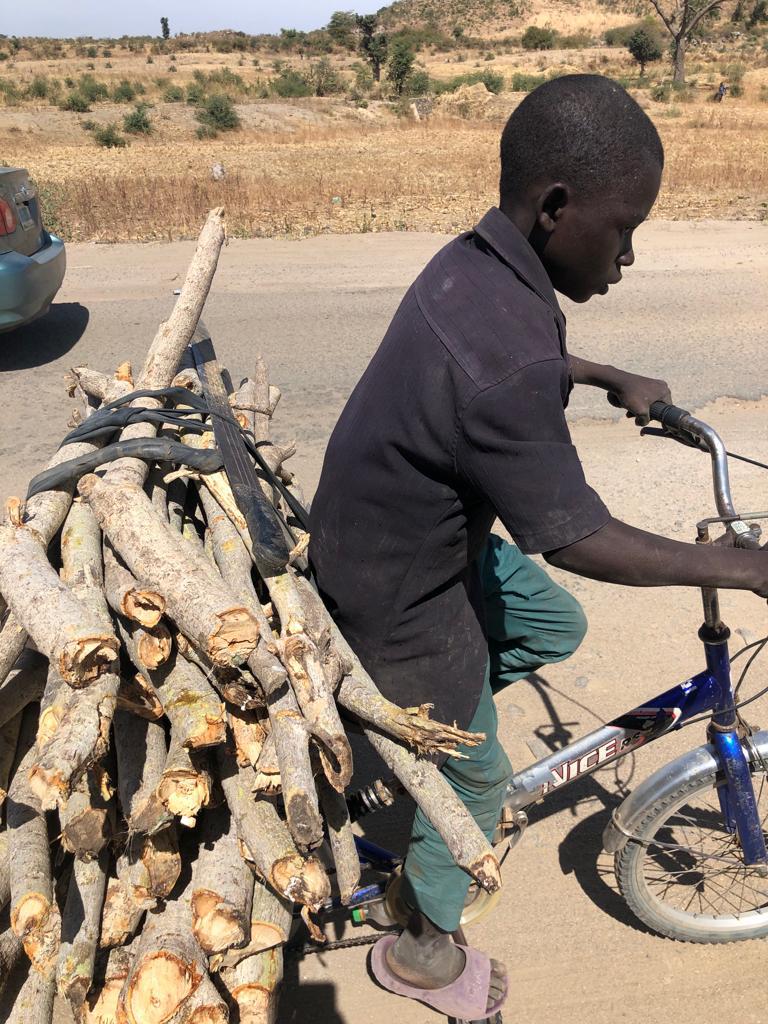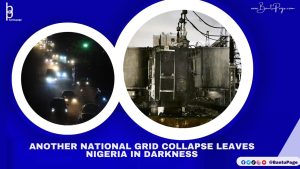
Introduction
Nigeria is a country with vast potential, abundant natural resources, and human capital. However, the reality is that a significant number of Nigerians struggle with access to basic amenities such as healthcare, education, clean water and sanitization. The disparity between living wage, basic needs, and expenditure has adverse implications for the poor in Nigeria and can ultimately lead to further poverty, as well as corruption and other criminal activities.
The Figures
According to the National Bureau of Statistics (NBS), approximately 70% of Nigerians live in rural areas. Additionally, under the Nigeria Multidimensional Poverty Index (MPI) in 2022, 65% of multidimensionally poor people live in Northern Nigeria and 35% live in Southern Nigeria. These statistics highlight the severity of poverty in Nigeria, particularly in rural areas.
Despite the high poverty rate, Nigeria has one of the highest expenditure rates in Africa, with Lagos and Abuja representing most of the expenditures made in Nigeria. For example, in 2019, Lagos had an estimated GDP of $136 billion, making it one of the largest economies in Africa. However, this economic prosperity is not reflected in the living conditions of the majority of Nigerians.
The Consequence
The aperture between income and expenditure is particularly evident in Nigeria, where income is often much less than expenditure. This disparity can lead to corruption at various levels, as well as crimes such as theft, kidnapping, banditry, and terrorism, which are prevalent in today’s Nigeria. These vices further perpetuate poverty and reduce tourism and foreign investment, which ultimately affects economic growth. The implication is that basic amenities such as healthcare, education, and clean water are not readily available to the poor, leading to increased morbidity and mortality rates, particularly among children under five years old.
Living Wage vs Basic Needs in Nigeria
Living wage refers to the minimum amount of income that is necessary for a person to live a decent life. Basic needs, on the other hand, refer to the essential requirements that are necessary for a person’s survival, such as food, water, shelter, healthcare, and education. In Nigeria, the common man can hardly afford these necessities. The expenditure and needs situation in Lagos and Abuja reflect a microcosm of the entire country, only worse. When income is twice less than expenditure, it can lead to corruption and other crimes, which ultimately leads to the breakdown of law and order.
According to the National Bureau of Statistics (NBS), in 2019, the average monthly expenditure per household in Lagos was N58,633, while the average monthly income per household was N36,990. This means that the average Lagos household spends 159% of their income, which is twice less than their income. In Abuja, the average monthly expenditure per household was N67,430, while the average monthly income per household was N54,385. This means that the average Abuja household spends 124% of their income, which is also less than their income. These statistics show that the poor in Nigeria can hardly afford basic necessities.
Impact on the Economy
The poverty situation in Nigeria has a direct impact on the country’s economy. The poverty rate in Nigeria is high, with 7 out of 10 Nigerians being multidimensionally poor. The breakdown of law and order that arises from poverty and crime scares away investors and tourists. The economy suffers when there is no direct foreign investment and tourism, and this leads to a vicious cycle of poverty in sync with lawlessness and criminality.
Poverty also affects the health of the population, leading to low productivity and increased healthcare costs. Poverty leads to malnutrition and lack of access to healthcare, which in turn leads to increased healthcare costs and low productivity. This further exacerbates the poverty situation, as families are forced to spend more on healthcare costs, reducing their disposable income and making it harder for them to afford basic necessities.
Poverty and Deprivation in Northern and Southern Nigeria
The Nigeria Multidimensional Poverty Index (MPI) in 2022 indicated that a significant portion of the poor population does not just lack steady income, but they are also deprived of basic social amenities. The Northern region, which has a higher poverty rate than the Southern region, is characterized by high levels of illiteracy, low life expectancy, and poor access to basic amenities, as well as having a higher infant and child mortality rate due to poor access to healthcare and sanitation facilities. In contrast, the Southern region has a higher literacy rate, longer life expectancy, and better access to basic amenities compared to the Northern region. However, the poverty rate is still high in the region, with a significant proportion of the population living below the poverty line. The MPI report shows that the Southern region has a higher deprivation rate in terms of access to electricity and cooking fuel.
The Nigerian government has launched several initiatives to alleviate poverty and increase access to basic amenities. For instance, the National Social Safety Nets Programme (NASSP) provides cash transfers to vulnerable households to help them meet their basic needs. The Conditional Cash Transfer (CCT) programme provides financial assistance to households with pregnant women and children under five years old, to ensure that they have access to healthcare and education. Similarly, the National Home-Grown School Feeding Programme (NHGSFP) provides free meals to public primary school pupils, to encourage school attendance and reduce malnutrition rates. However, the effectiveness of these programs and the ability to reach the doorsteps of the needy remains questionable; especially with the polarity of Nigeria’s sociocultural structure.
The Upshot
The issue of living wage versus basic needs in Nigeria highlights the stark reality of poverty in the country. Poverty affects the majority of Nigerians, particularly those in rural areas who struggle to access basic amenities such as healthcare, education, and clean water. The situation is made worse by the fact that income is often much less than expenditure, leading to corruption and criminal activity, which has a negative impact on the economy.
To reduce poverty in Nigeria, there is a need for concerted efforts from the public and private sectors to improve access to basic amenities and increase employment opportunities. Initiatives such as the National Social Safety Nets Programme, Conditional Cash Transfer, and National Home-Grown School Feeding Programme are ideal steps in the right direction, however, pragmatic steps need to be taken to actualise a significant reduction of poverty in the country.
Furthermore, there is a need to focus on poverty reduction in rural communities, where poverty is particularly severe. Such efforts will go a long way in reducing crime and increasing the security of lives and property. By alleviating poverty, Nigeria can attract more foreign investment and tourism, thereby stimulating economic growth and development.
-Writer: Oche Anejo-







